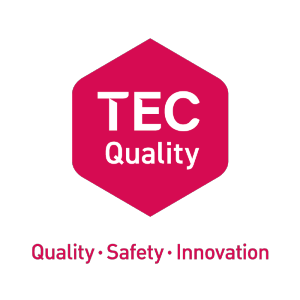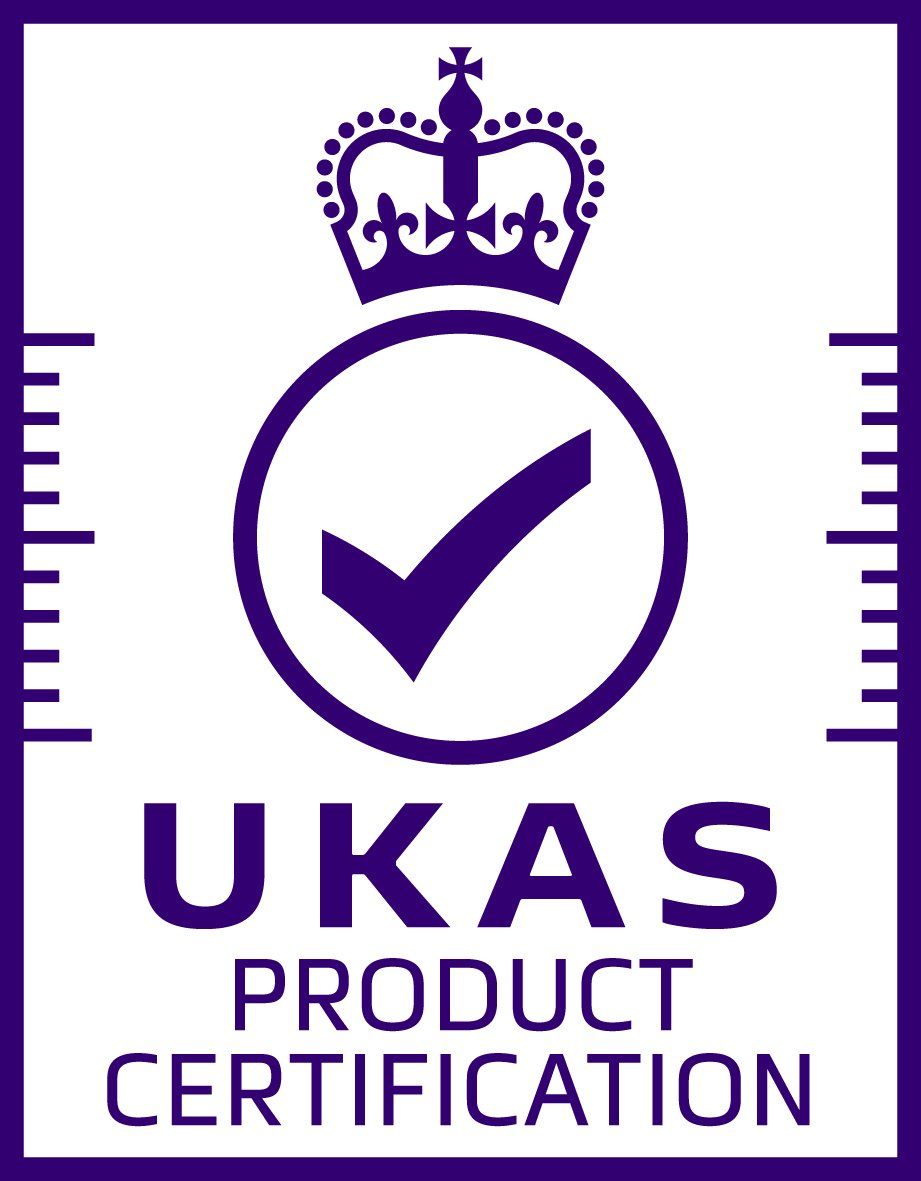Supply Sector/Solutions Provider
Service Delivery Module
v2.4
Specific TEC industry standards for service providers have been produced by TSA for over 20 years. More recently, we have seen an increase in demand from commissioners and service providers, for Supply and Solutions Providers to be checked against similar, outcomes focused standards that are specific to the TEC sector.
The QSF allows for Suppliers and Solutions providers to be unique in their offering, but reassures service users, service providers and commissioners, that they are externally validated by industry experts and ensure high levels of quality in service delivery.
Key outcomes
- Supply sector organisations will be seen to drive and support the quality and improvement agenda in partnership with services they work with.
- The supply sector will be seen as open, honest and approachable, understanding the needs of the sectors in which they work.
- That the solutions they provide are service user focused.
Audit process
The Audit Process will seek evidence that the key outcomes have been met.
As a minimum, TEC Quality certified organisations must:
- Have written procedures to manage and respond internally to reported suspected equipment, system or software design faults. This should include but not limited to:
- corporate responsibilities
- escalation into the complaints process
- Timescales to resolve
- Out of hours service
- How customers/end users are advised or supported through the fault process
- An analysis and incidents log.
- Planned corrective action to avoid recurrence.
- Demonstrate there is an effective product recall/roll-back and customer communication process in place, where suspected design, or reliability faults have been identified.
- Have a clearly defined product returns policy.
- Clearly indicate where equipment, systems, or software is sourced and any sub-contractual relationships for provision.
- Have a clear and unambiguous pricing policy, which also indicates the frequency of and how (if any) price increases will be applied.
- Have processes for the roll out of new software releases to customers and how this can be "rolled back", in the event of software issues becoming known.
- Identify to the customer, any incompatibilities with any systems, products, operating systems or software, where they are not backwardly compatible.
- Have effective procedures to ensure that suppliers payments are maintained in accordance with agreed terms and conditions, so as not to jeopardise the supply chain.
- Have policies and procedures in place to ensure that customers are always dealt with fairly.
- Demonstrate that where applicable, their service or product, takes into account any ethical issues: for example, where surveillance technologies are used (GPS tracking devices etc.).
- Provide evidence that development and manufacture of products is not conducted through forced, or child labour.
- Have processes, which demonstrates they work openly with customers.
- Demonstrate that they achieve contractual requirements for equipment delivery - this should include new and repaired equipment.
- Provide evidence of compliance with all warranties and repairs processes/policies they provide.
- Have procedures and processes in place for the disposal and recycling of equipment.
- Where equipment is received from service users, organisations shall have decontamination and infection control procedures in place.
- Have a process for informing customers of available stock levels and lead times for the supply of equipment, which shall include requirements during any operational difficulties. i.e. Pandemic, Staff shortage, raw material shortages, etc.
- Conduct risk analysis of their supply chain and shall have implemented actions to mitigate and manage the risk of supply of equipment, or service.
- Demonstrate that where analogue alarm units are known to be still in service on the next generation telephone networks, that these have been successfully tested against the TSA Analogue to Digital testing specification and the results are openly published to the sector. Suppliers shall work with service providers to monitor failure rates with analogue equipment and support a replacement programme.
- Have processes in place which, where technically possible, enables equipment to be made interoperable between manufacturers equipment and receiving platforms, thus increasing flexibility of use for service providers and service users.
- Have a clear policy, which is made known to service providers, on termination of supply of product/services where the safety of service users may be affected.
- Demonstrate that where product nomenclature is used, that requires compliance to a British, or European standard, that the relevant compliance is obtained. Note: For example, A product referred to as a "Social Alarm" shall require compliance with BS EN 50134 series of standards, radio frequency and EMC standards. This would also include compatibility with any quoted alarm communication protocols.
N.B. The term "Product", can include software, or Information Technology systems, as well as physical equipment, depending on the type of Solution Provider being audited. - Ensure that digital alarms that communicate using an IP Protocol, TS 50134 - 9 is used as the primary communication protocol. Alarms can use proprietary protocols, must not be locked down to these proprietary protocols and must have the facility to switch to the European protocol automatically if migrated to another platform that cannot communicate with the proprietary protocol.
- Ensure that where they are contracted to conduct maintenance and testing of equipment, that this is completed in accordance with an agreed testing and maintenance schedule
- Ensure that only “hybrid" social alarms that communicate in both analogue and digital, or purely digital protocols shall be supplied. Note: The TSA ‘Commissioner/Buyer Guidance: Transitioning your Social Alarms Systems from Analogue to Digital’ provides detailed guidance.
Measures of Excellence
- Equipment providers shall make information available on the time to repair equipment.
- Where Suppliers provide technology, such as devices, communications methods, software and/or a platform as part of their scope of supply to a customer, then the Supplier needs to demonstrate that: The products are capable of reporting on annualised downtime and single incident downtime. That guidance is made available to the service provider’s Design Authority on how the products should be combined and configured to ensure the service meets the relevant availability, security and performance standards
- Solutions providers will provide statistics on historic uptime of systems, based on relevant industry standards.
- Where Suppliers provide technology as a service (hosting, SaaS, IaaS etc), then the Supplier needs to demonstrate that the availability of their service is monitored, and reports are produced and analysed to ensure resilience standards are complied with. The reports should include but not be limited to:
- Annualised downtime
- Single incident downtime.
This information shall be provided on a rolling 12-month basis as a minimum.
N.B. Organisations must also comply with the Performance and Contract Monitoring module requirement for evaluation of performance.
Evidence might include
- Ethical Marketing Policy
- Anti Bribery Policy
- Anti Corruption Policy
- Complaints/Compliments Policy
- Customer Contracts
- Data Sharing Agreements
- Partnership Working Policy
- Stock Keeping Records/System Reports
- Contract Meeting Minutes
- Service User Feedback Surveys
- Measures of Excellence Reports
“Far from being the traditional red tape and stifling bureaucracy that many experience, good quality performance and contract management approaches can be both the foundation to showing how well we are achieving our objectives and delivering outcomes and an enormously liberating force. The former is the evidence of our joint achievement and the latter how meaningful partnerships can deliver better care outcomes.”
Mark Allen, Strategic Commissioning Manager, Hampshire County Council


